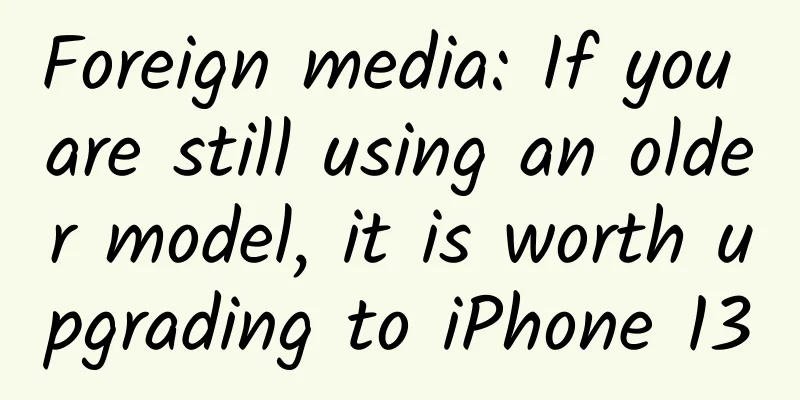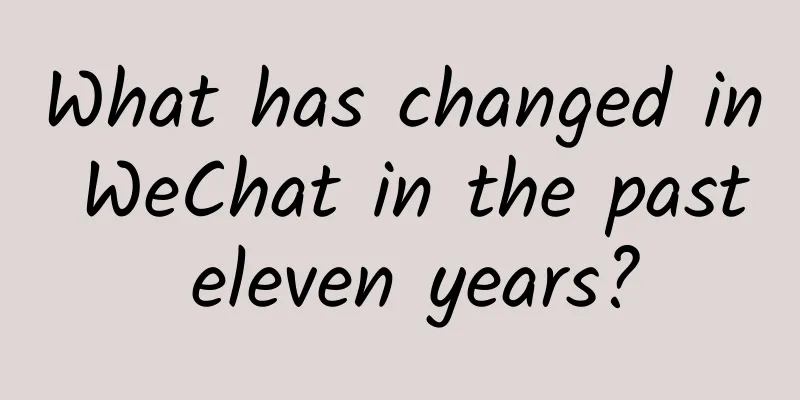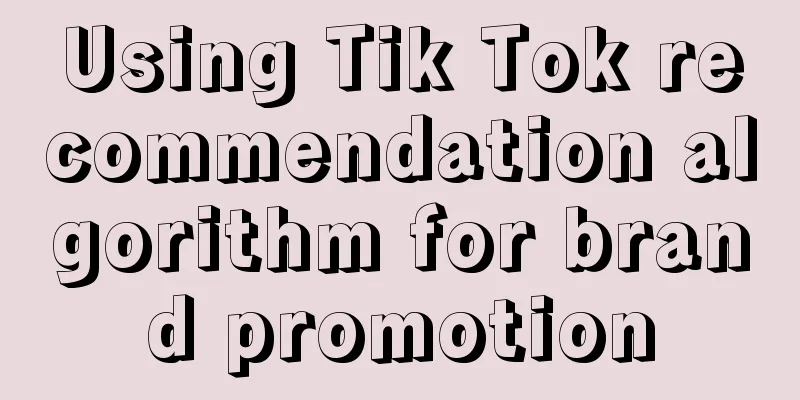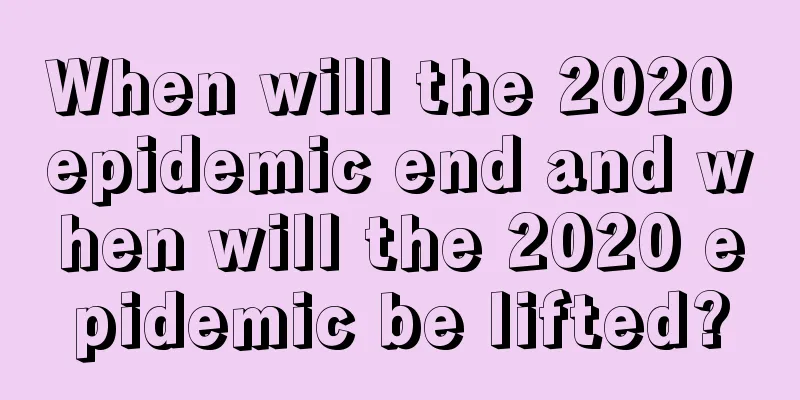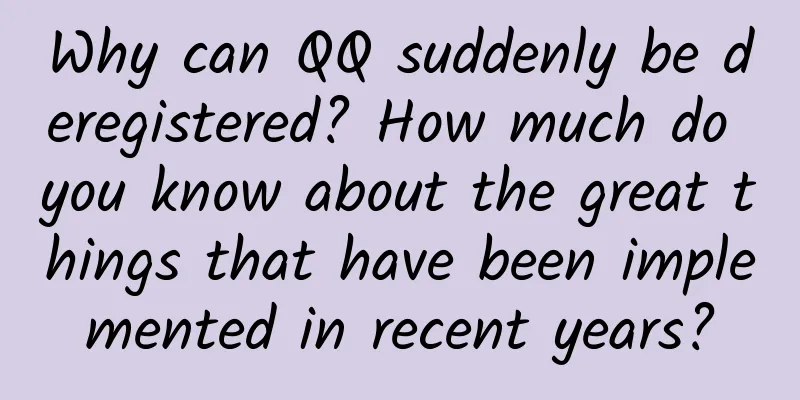iOS 17.0.1 battery life test results are out, and it crashes again!
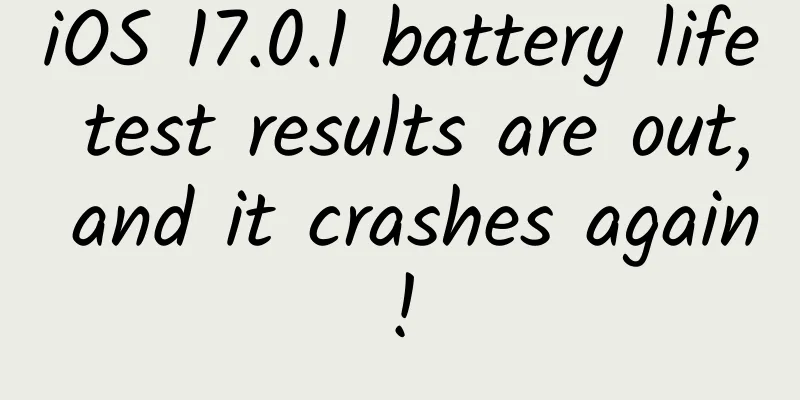
|
A few days after the official release of iOS 17, Apple immediately released the official version of iOS 17.0.1. This version mainly fixes three security vulnerabilities and further improves system stability. It does not bring any new features. Many users who have already upgraded to the official version of iOS 17 are recommended to upgrade. According to feedback from users who have upgraded to iOS 17, the battery life and smoothness of the iPhone 14 series have been improved after the upgrade, so they are more worried about the battery life performance of upgrading to the official version of iOS 17.0.1. Now, foreign blogger @iAppleBytes has brought the battery life scores of various machines after upgrading to the official version of iOS 17.0.1. The blogger still found five iPhone models, namely iPhone SE 2020, iPhone XR, iPhone 11, iPhone 12, and iPhone 13. Unfortunately, there is still no iPhone 14. It should be noted that iAppleBytes does not simulate daily use for testing, but uses the battery test function provided by the GeekBench tool to compare the running scores and automatic shutdown time of five iPhones after upgrading to the iOS 17.0.1 system. Before the test, the screen brightness of each phone was adjusted to 25%, and the automatic brightness adjustment function was turned off (maintaining the same settings as when testing previous iOS versions). The time it took for each iPhone to run GeekBench from full power until it automatically shut down is as follows: Judging from the test results, except for the iPhone XR model, which has improved battery life, the upgrades to other models are similar to the official version of iOS 17. Compared with iOS 16, the battery life of the system is still poor. Therefore, users who care more about battery life are advised not to upgrade to iOS 17 easily. However, iPhone 14 series users have relatively good feedback on the official version of iOS 17, and it is a model that was just released last year. Therefore, if you like the features, you can still upgrade. This is just a battery life test using GeekBench4, which does not conform to the actual usage scenarios of users. It is for reference only. Moreover, battery life has always been a mystery. Each user uses the phone differently, so there will be deviations. Have you upgraded to iOS 17.0.1? You can share your upgrade experience in the comments section. In addition, this year's iPhone 15 series has switched to the USB-C interface, but the two basic versions of iPhone 15 and iPhone 15 Plus only have USB 2.0 speeds, and only the Pro has USB 3. What is surprising is that after the interface change, the entire iPhone 15 series does not impose any restrictions on cables and accessories. In other words, non-MFi certified charging accessories can also be used normally. However, a blogger recently discovered in actual testing that the iPhone 15 cannot be charged with a Huawei charger, while other brands of chargers and charging cables (such as Xiaomi, Samsung, OPPO, OnePlus, etc.) can be used normally. Once the problem came out, it caused heated discussions among many netizens. Some analysts pointed out that this is because some of Huawei's chargers and charging cables do not support the Power Delivery (PD) fast charging protocol. Only chargers and C to C cables that support the PD protocol can charge the iPhone 15 series. The PD protocol is a charging protocol and a standard protocol developed by the USB-I organization. It is a fast charging technology based on the USB interface that can achieve a maximum power output of up to 100W and can provide a faster, more efficient and safer charging method for various devices. According to The Paper, both Apple and Huawei's official customer service said that it is recommended to use original charging equipment to charge mobile phones, because chargers with different charging specifications will damage battery life and bring safety risks. When asked whether the failure to charge or slow charging is related to the PD protocol, Apple said that there is no official statement on the protocol and it is recommended to use the original one. Huawei also said that it depends on the charging specifications of Apple devices. It is understood that not all Huawei chargers and charging cables do not support the PD protocol. Some netizens reported that they can charge the iPhone 15 series phones using Huawei's charging head with data cables of other brands. However, using a Huawei charging cable that does not support the PD protocol cannot charge the iPhone 15. Therefore, iPhone 15 users who plan to purchase third-party chargers are advised to choose those that support the PD protocol when purchasing fast charging cables, and do not choose high-imitation or counterfeit charging heads that do not have the national 3C safety certification, as this will bring safety risks. |
>>: Apple releases iOS 17.0.2 official version again
Recommend
Sweepstakes activity gameplay planning!
The low threshold and uncertainty of lottery oper...
Xiaohongshu operation and promotion strategies and content skills!
This article explains the operation of Xiaohongsh...
Alipay, WeChat Pay and other transactions above 50,000 yuan must be reported
[[254554]] Starting from January 1, individual tr...
Xiaomi’s cost-effectiveness crisis has finally emerged. What is the road to future redemption?
[[151491]] As one of the top emerging Internet mo...
What is news media outreach? What are the characteristics and advantages of news media marketing?
What is the news media? News media, also known as...
4 “Golden Rules” to Increase Revenue from Incentive Video Ads
The "dark horse" of motivational videos...
Case analysis: How to use video information flow in the e-commerce industry?
As the trend of short videos continues to deepen,...
90% of copywriters often make these three mistakes. Have you made any of them?
We always study how successful copywriting is wri...
What are the information flow optimization techniques? Leave it all here!
Account optimization refers to the process of con...
Be careful if your phone shows these 4 symptoms! It may be dangerous!
If your phone has the following features This cou...
360 search advertising promotion statistics report data!
How long can I view data? You can query data with...
If you don’t learn arithmetic well, you can’t do operations well; App operations still need to be forced
La la la, I haven't written for a long time; ...
So what if I’m on the list? Faceu’s genes destined him to be a failure soon!
Recently, Faceu Technology has made its presence ...
Why is “lazy editing” becoming more and more popular?
The popularity of Tik Tok and Vlog, coupled with ...
Why are all the ads I see on TikTok games?
Capture SSS-level Lingkun at the beginning, 5th t...
